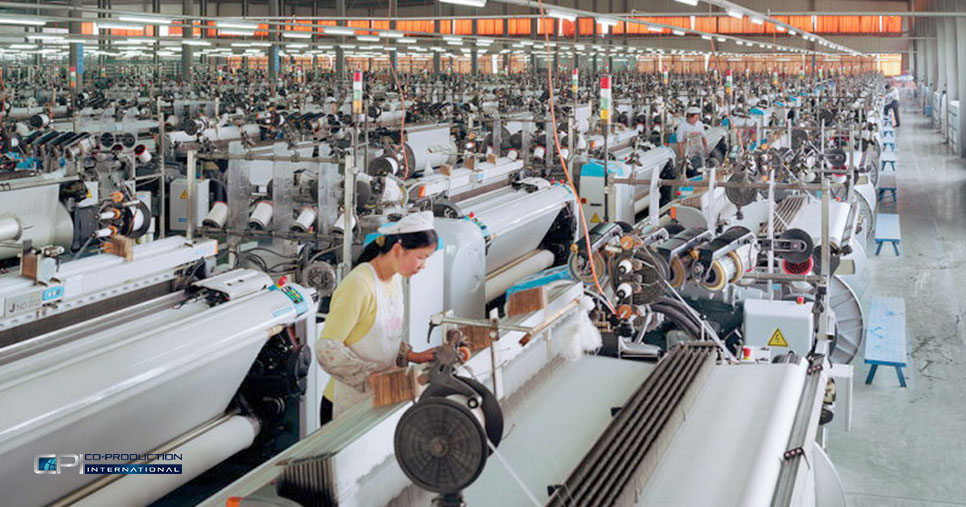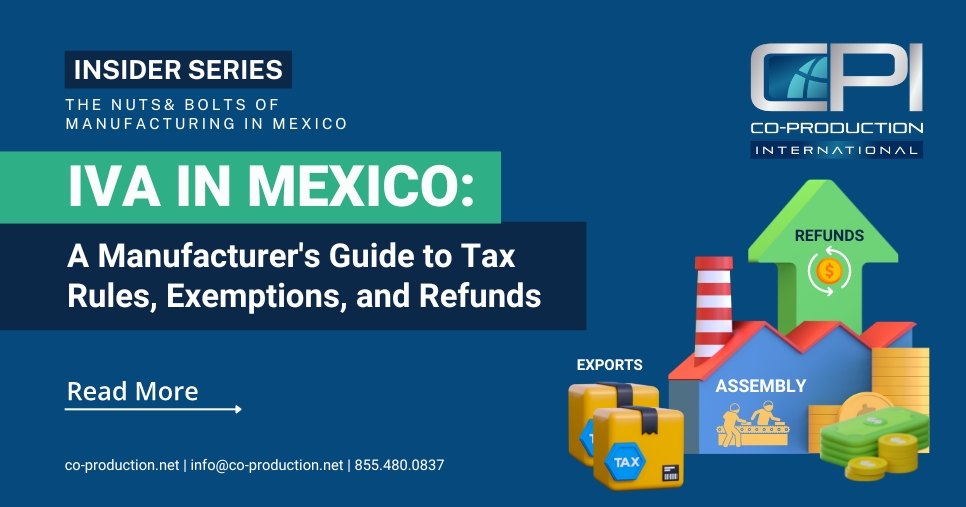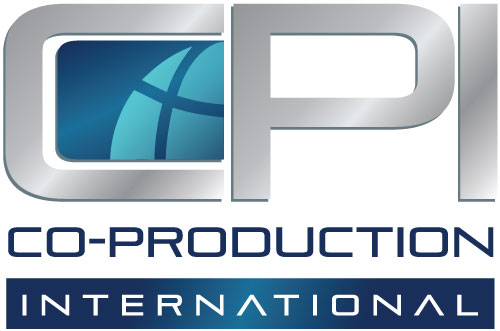Claudia Sheinbaum's presidency marks a significant shift in Mexico’s economic plans. Her administration aims to boost foreign direct investment (FDI) and position Mexico as a leading nearshoring destination, leveraging the United States-Mexico-Canada Agreement (USMCA). This is especially important amid ongoing U.S.-China trade tensions.
The current U.S.-China trade conflict remains a critical issue in 2024, affecting sectors like electric vehicles and batteries. The Biden administration has increased tariffs on Chinese electric products—in some cases, reaching102.5%—to protect U.S. industry from what it considers unfair trade practices.
Sheinbaum's government seeks to attract investment from U.S. and Canadian companies looking for cost-effective manufacturing and service outsourcing options, which would strengthen Mexico’s role in North American supply chains.

Judicial Reform and Its Impact on Investment
One of the more contentious initiatives under Sheinbaum’s administration is judicial reform. Proposed by the ruling Morena party, this reform includes changes such as electing judges through popular vote. Supporters argue that the reform enhances judicial democracy, while critics worry it might compromise legal stability and investor confidence.
Business leaders have expressed concerns that an elected judiciary may lack the impartiality essential for foreign investors. In response, Sheinbaum has assured them that the reform will uphold the rule of law and maintain Mexico’s commitment to a stable legal environment for investors.
These reforms have also raised concerns among U.S. and Canadian investors, particularly given other ongoing issues in key sectors like energy and transportation. In major nearshoring areas such as Nuevo León, Chihuahua, and Coahuila, infrastructure capacity is a known constraint. Moody's views this as a potential risk to sustained FDI growth.
Since nearshoring relies on stability and accessibility, judicial reform’s implications for Mexico’s attractiveness as an outsourcing destination are noteworthy.
Nearshoring: A Cornerstone of Economic Growth in Mexico
Despite these uncertainties, Mexico’s momentum in nearshoring is undeniable, largely fueled by the U.S.-China trade war. Tariffs on Chinese goods in sectors like automotive, batteries, and critical minerals have prompted companies to consider alternative production bases.
With its proximity to the U.S. and the USMCA framework, Mexico is well-positioned to meet this demand. By establishing operations in Mexico, foreign companies can avoid tariffs and access the U.S. market more easily. The Sheinbaum administration actively supports these efforts.
Nearshoring has significantly boosted economic activity in border states like Coahuila, Nuevo León, and Chihuahua, where manufacturing and assembly operations have flourished.
These regions offer strong logistics, infrastructure, and skilled labor, making them attractive to manufacturing companies, which, in turn, generate jobs and contribute to local economies.
The Sheinbaum administration aims to strengthen this trend, positioning Mexico as a global manufacturing hub for sectors such as electronics and electric vehicles.
The 2024 U.S. Presidential Election and Its Influence on Nearshoring
With former President Trump’s re-election, a fresh emphasis on strengthening U.S.-based manufacturing offers a promising environment for Mexico’s role in North American supply chains. Trump’s trade policies underscore the importance of regional partnerships, positioning Mexico as a natural ally for cost-effective, efficient manufacturing solutions close to the U.S. market.
This renewed focus on nearshoring aligns well with Mexico’s advantages, such as its skilled workforce and robust infrastructure, which appeal to U.S. companies seeking reliable production bases nearby. For these companies, Mexico represents an opportunity to enhance supply chain resilience while maintaining proximity to key North American markets.
Leading companies, like Tesla, are already eyeing Mexico’s strategic benefits—particularly its workforce and logistical accessibility. With Mexico firmly positioned as a nearshoring leader, the Sheinbaum administration can leverage this momentum to attract even more investment, strengthening Mexico's integration in North American production and trade.
Positioning Mexico as a Prime Destination for Foreign Investment
Claudia Sheinbaum has outlined her vision of Mexico as a premier destination for foreign investment, emphasizing capitalizing on global trends to enhance Mexico’s role in manufacturing.
Her administration aims to foster a business-friendly environment to attract FDI, particularly in high-tech manufacturing and the automotive sector, which are primed for nearshoring growth. This vision supports Mexico’seconomic diversification, reducing dependence on traditional exports.
Infrastructure improvements—especially in logistics and transportation networks serving manufacturing hubs—are central to her strategy. By addressing these challenges, Sheinbaum aims to create a seamless environment to attract global companies seeking reliable, cost-effective bases for their operations.
Infrastructure and Regional Investment Challenges
To fully leverage nearshoring’s potential, Sheinbaum’s administration recognizes the necessity of addressing critical infrastructure gaps. Success depends on efficient transportation, reliable energy sources, and robust digital connectivity.
Mexico has received significant investments in its rail and road networks, though some areas still face service challenges, complicating logistics for foreign firms.
Energy access, particularly renewable energy, is another key focus. Mexico's reliance on fossil fuels has drawn criticism, especially from global companies pursuing cleaner production methods.
To attract FDI, Sheinbaum’s government supports renewable energy projects that align with corporate sustainability goals. By strengthening physical and energy infrastructure, Mexico can become a compelling nearshoring option, particularly for environmentally conscious investors.
Judicial Reform and the Future of Outsourcing of Services
The Morena party’s judicial reform initiative could also impact Mexico’s outsourcing sector. While nearshoring in manufacturing is crucial, service outsourcing has also experienced growth.
Many companies are relocating back-office and customer service operations to Mexico. Outsourcing firms value legal consistency, and potential judicial changes could influence decisions about setting up service operations.
Sheinbaum’s administration emphasizes that judicial reform aims to enhance accountability rather than underminethe business environment, reassuring investors of a stable legal climate.
Despite these reassurances, the business community remains cautious. Outsourcing companies may hesitate if Mexico’s legal landscape appears uncertain, especially with competition from other Latin American countries with stable regulations.
Mexico’s nearshoring advantage stems from its strategic location and regulatory consistency, both essential to attract FDI in manufacturing and services.
Conclusion: A Strategic Vision for Mexico’s Future
Claudia Sheinbaum’s administration positions Mexico as a crucial player in North American production and innovation. Nearshoring has revitalized the manufacturing sector, drawing substantial foreign investment.
With judicial reforms focused on accountability, Sheinbaum aims to balance economic growth with social justice, fostering a sustainable business climate.
However, it will be essential to address investor concerns carefully as judicial reform progresses. Maintaining a favorable business environment is critical to sustaining Mexico’s nearshoring appeal.
As the U.S. election approaches, Mexico’s appeal to businesses will be influenced by political decisions across the border.
If managed effectively, Sheinbaum’s leadership could position Mexico as a leading partner in the global economy, attracting stable FDI and solidifying its role as a key hub for nearshoring and service outsourcing.



.jpg)



.png)







